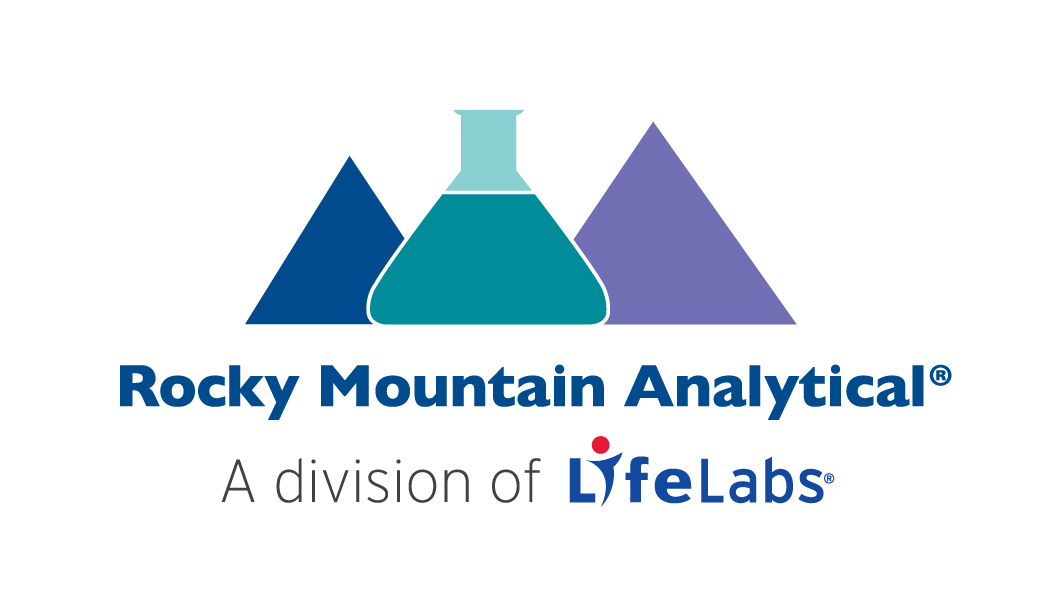There is a growing body of evidence to support the clinical benefits of eliminating IgG reactive foods from the diet.
In an IgG reaction, the IgG antibodies bind to food antigens creating antibody-antigen complexes. These complexes are normally removed by immune system cells called macrophages. However, if complexes are present in large numbers and the reactive food is still being consumed, the macrophages can’t remove them quickly enough. The food antigen-antibody complexes accumulate and can be deposited in body tissues. Once in tissues, these complexes can trigger inflammation, which may be responsible for a wide variety of symptoms.
Book in with our Acupuncturist Patricia to start your testing and discover some amazing solutions to help you feel like your best self!

Test Overview
The RMA FST™ IgG Food Sensitivity test has three different options for testing IgG antibodies
RMA FST™ Enhanced:
Our most comprehensive panel, the Enhanced panel tests for 222 different foods, including 80+ foods not available in the Basic panel. This panel is especially popular with patients who eat less meat, wheat and refined sugar. This panel has the potential to identify more foods that the patient may be intolerant to; thereby providing you more robust information.
$399
RMA FST™ Vegetarian:
Tests over 160 different foods including all of the vegetarian foods offered in the Enhanced panel, as well as dairy and eggs, but excluding fish/seafood and meat.
$359
RMA FST™ Basic:
The Basic panel reports on 125 foods, including the most common food sensitivities in all categories: milk (cow, goat and sheep), eggs, corn and wheat.
Antibody levels are measured via an ELISA (Enzyme-Linked Immunosorbent Assay) microarray method. For an ELISA test, food antigens must first be chemically bonded to a site within a gel pad. Each of these sites has the antigens of one specific food. More than 220 foods can be tested on a single gel pad for any given patient. A measured amount of the patient’s blood serum is placed on the pad and then treated with a series of chemical solutions. Eventually a colour develops at each site and the intensity of the color is measured by a high-resolution scanner. The intensity of the colour is proportionate to the amount of antibody in the blood specific to that food antigen.
$310